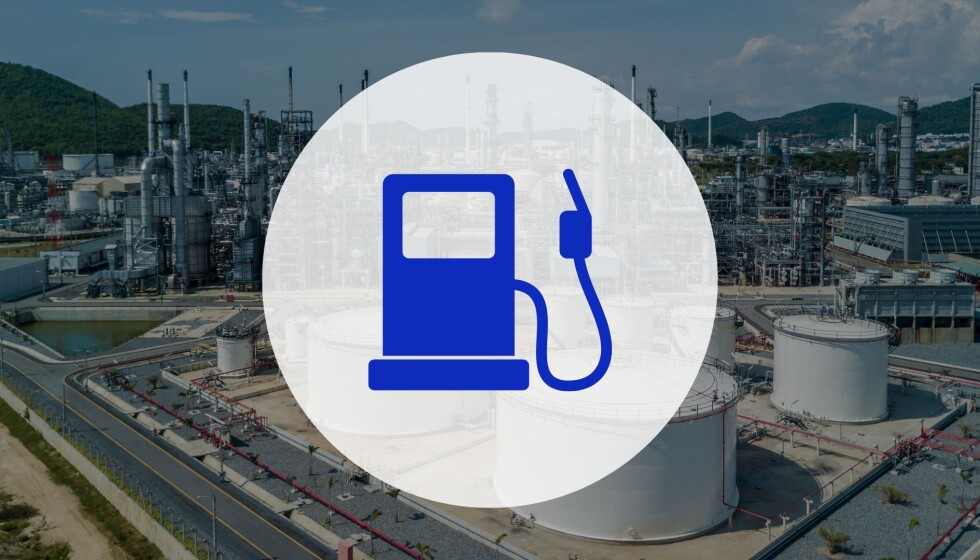From May 1, 2025, a new requirement will come into force in Ukraine — the addition of bioethanol to all gasoline sold at gas stations. The minimum share is 5%. This decision may raise questions among drivers: "Will this harm my car?", "Will fuel become more expensive?", "Why is it needed?". We talk about this with Oleksandr Sirenko, an analyst at the NaftoRynok consulting company.
What is bioethanol and why is it added to gasoline?
Bioethanol is a dehydrated alcohol made from agricultural raw materials, including corn and wheat. Its goal is ecology and energy independence :
- when burned, it emits fewer harmful emissions;
- reduces dependence on imported oil, particularly Russian oil;
- stimulates domestic production and the agricultural economy.
In Poland, gasoline with bioethanol has been used for over 15 years, in the US even longer. In Brazil, there is gasoline containing up to 70% alcohol components.
And what about in Ukraine?
In fact, Ukrainians have been driving on bioethanol gasoline for a long time, because imported gasoline from Europe already contained this component. Now there will simply be an official requirement and a regulated share — 5%, with the prospect of increasing to 10-15%.
Will this damage the car?
No, if:
- the car is in good condition;
- manufactured after 2005 (and in most cases after 2000);
- has no design features incompatible with E5.
By the way, most cars have a marking on the gas tank flap indicating the permissible level of ethanol (E5, E10, etc.). In European and American cars, this has long been taken into account in the engine design.
Already now, some Ukrainian gas stations sell gasoline with a higher bioethanol content — up to 10–20%, and cars calmly "digest" it.
Should drivers do anything?
Yes, but not much:
- do not add any additives yourself — the networks have already purchased the necessary stabilizers;
- donʼt panic if you see a closed gas station — they may be cleaning the tanks before refilling with new fuel;
- For the first month, it is better to refuel at large, proven networks that have undergone technical training.
Alcohol has the ability to attract water and wash sediment out of tanks, so all gas stations must undergo mandatory cleaning. Previously, this was often ignored — now it is critically important.
How will this affect the price of fuel?
Now:
- bioethanol blend is more expensive than regular gasoline (in the group);
- but oil is getting cheaper on the world market (a barrel of Brent is already $65, Urals is $51);
- large traders have entered into contracts for mixtures in advance;
- The retail price is unlikely to increase, and according to an optimistic scenario, it will even decrease by 3–5 UAH/l.
What about the farmers?
The demand for bioethanol will increase, which means that grain producers may gain new opportunities. Distilleries are already preparing to increase production, including for government orders. In the future, there will be new investments, jobs, and a domestic market.
Tips for drivers for May:
- Refuel where you see technical training (well-known brands, gas stations closed for cleaning are good);
- Do not mix fuel with additives — manufacturers have already taken care of everything;
- Check the marking on the gas tank (E5 is suitable — drive safely);
- Donʼt panic, because 95th with bioethanol has been in circulation for a long time — itʼs just that now it will be open and legal.
Result
Bioethanol is not a horror story, but a logical step towards Europe, energy independence and cleaner air. Those who wanted an electric car already have one. And those who drive on gasoline will now drive on slightly “greener” gasoline — and they won’t even notice it, if everything is done correctly.
- Subscribe to the Telegram channel of the Auto Market Research Institute to receive information first, without advertising and spam.



